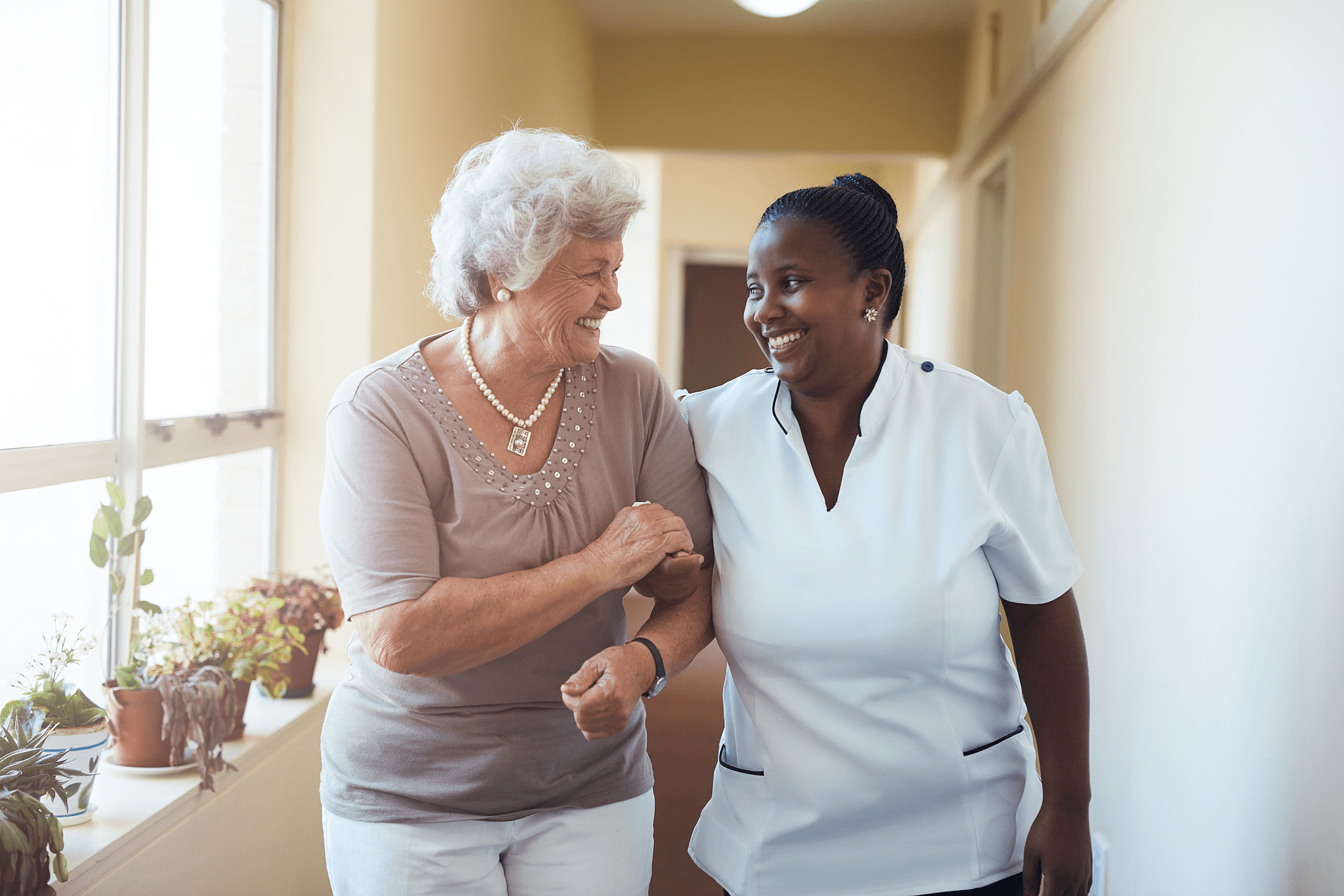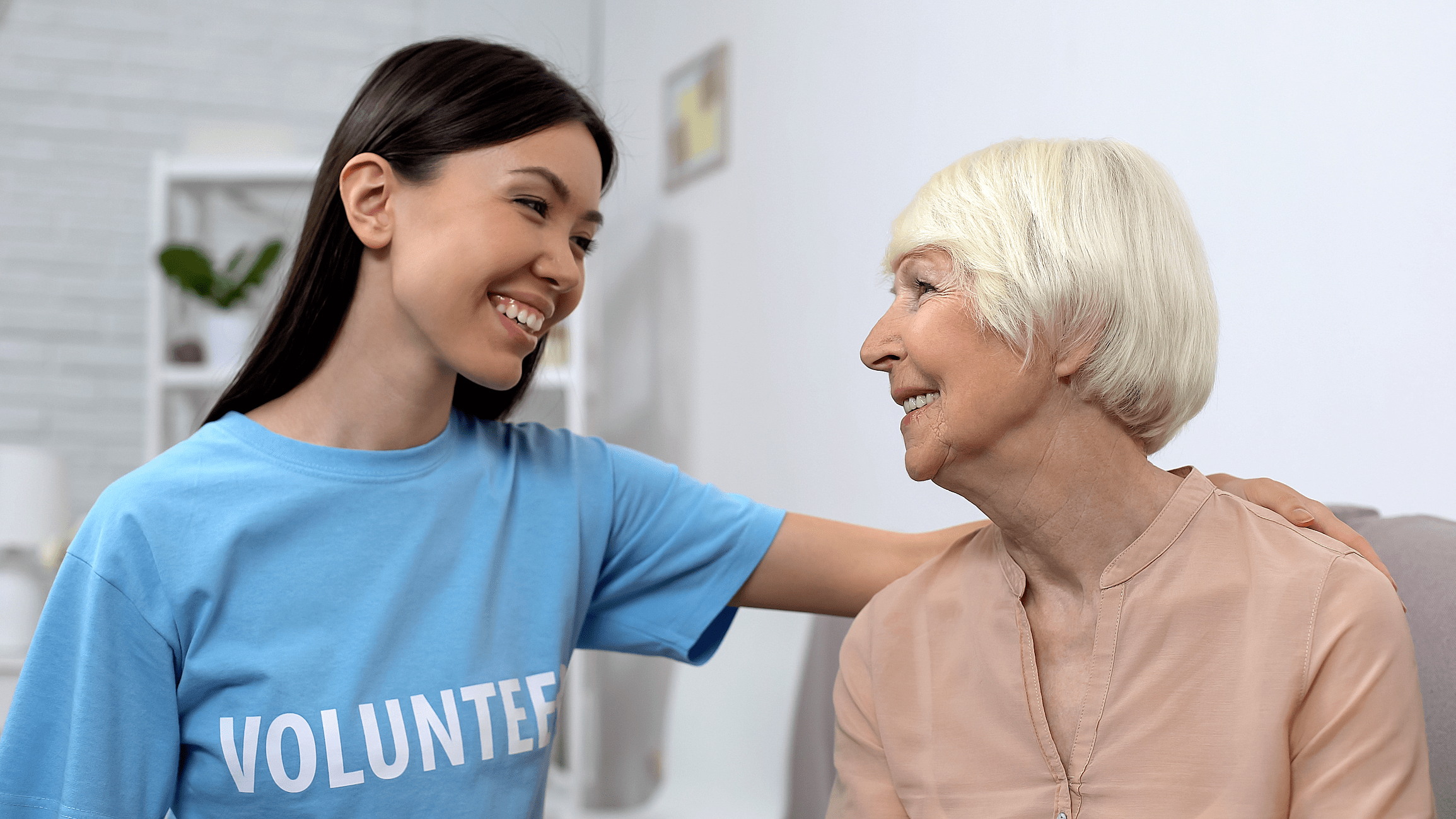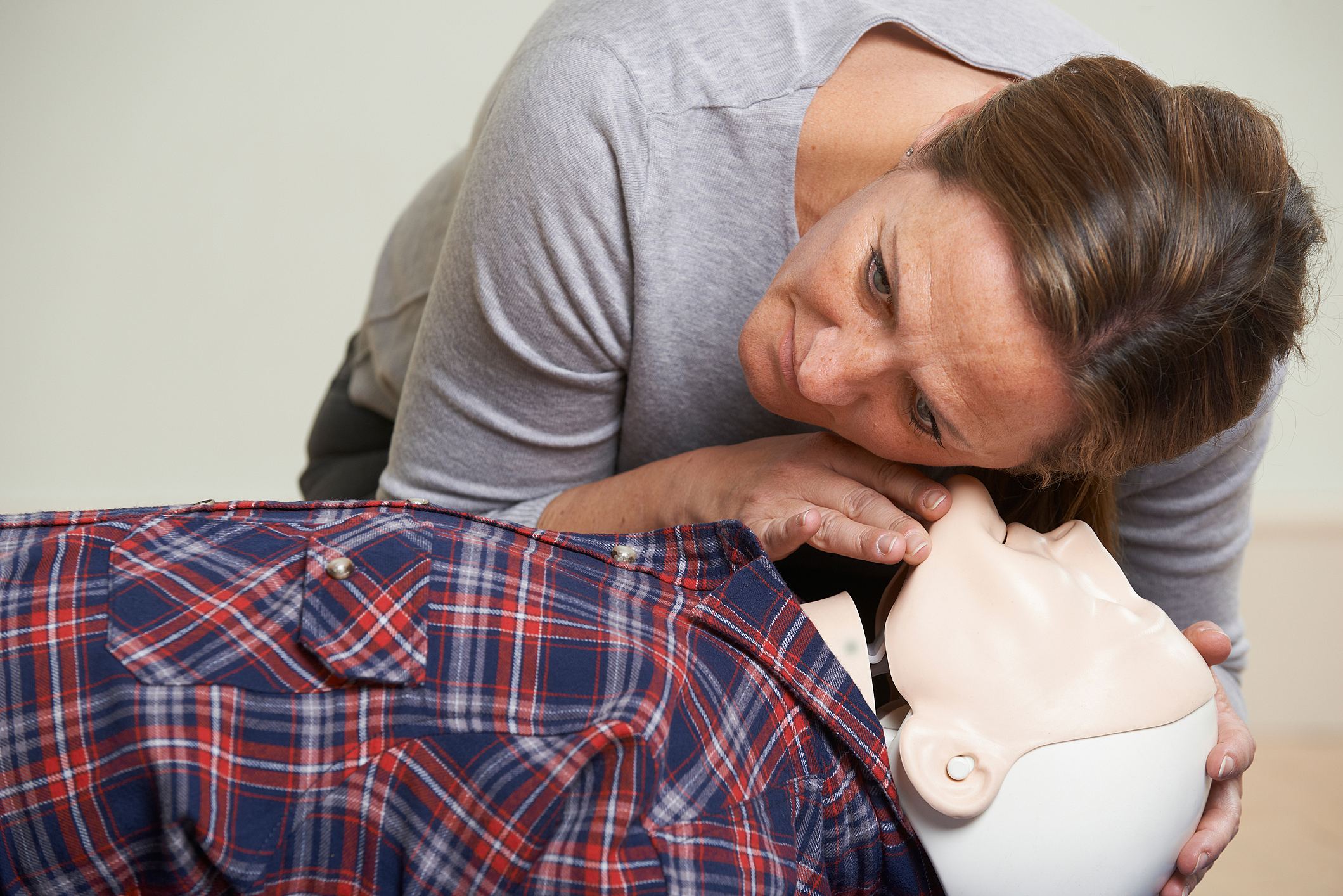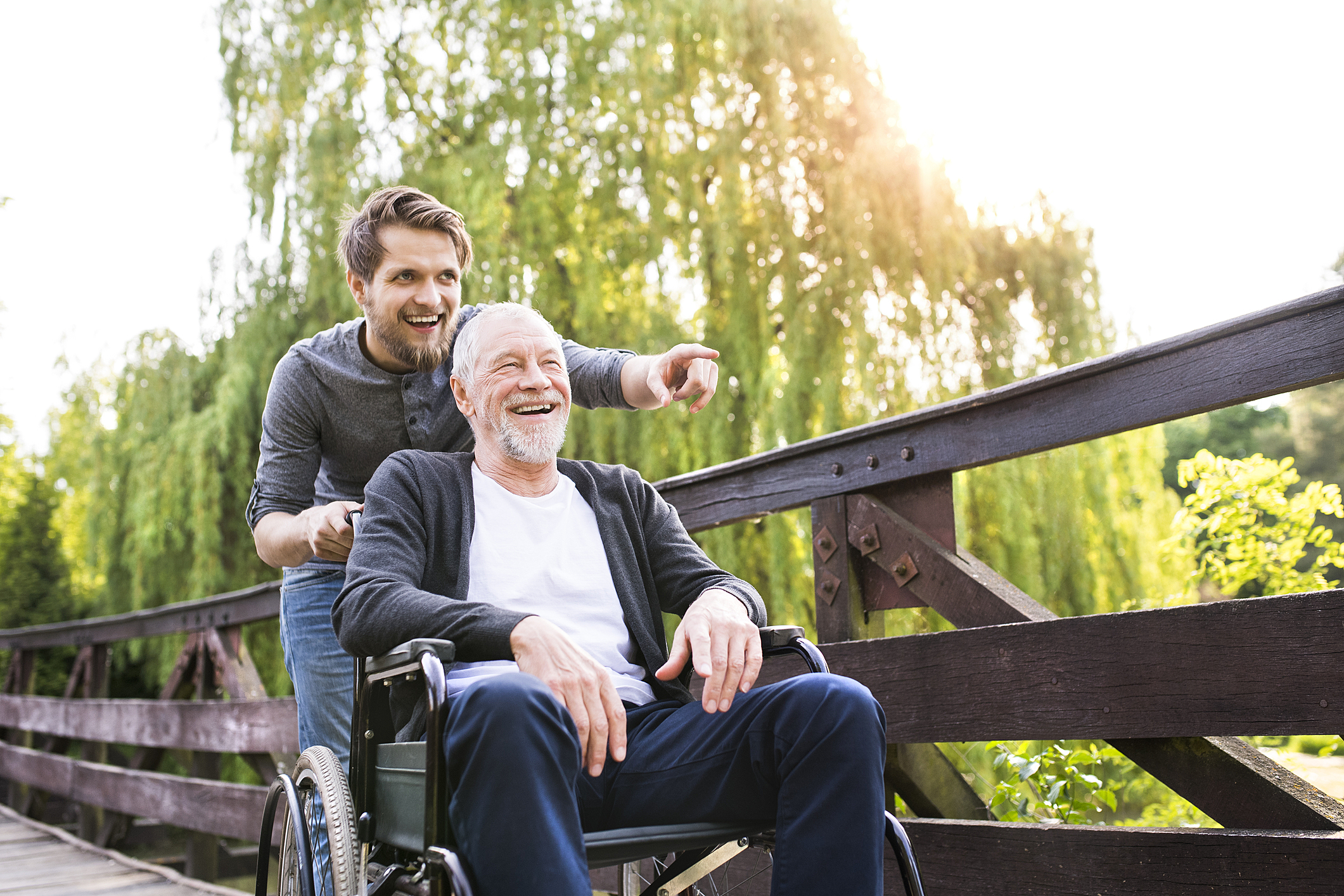
Free Online Caregiving Courses
 80
courses
80
courses
Caregiving is also known as ‘caring’ or being a ‘care worker’, ‘caregiver’, ‘carer’ or 'home health aide'. It generally means seeing to the day-to-day needs of an older or disabled person by ensuring they have meals, are bathed, take their medication and have some social interaction. As populations in especially western countries age and people live longer than ever before, the need for carers has exploded. Whether you are working as a carer or looking after a relative, your own needs are important too. We’ve included practical courses on how to look out for your stress levels and how to cope mentally. You can also take our short Workplace Wellbeing Assessment here to check in on your mental health and wellbeing.
In many countries, there is a degree of regulation and you need qualifications to be taken on by an agency that will place you with your patients. In addition, it is useful to have specialist knowledge of afflictions like dementia and malnutrition that often affect the elderly. Older people may suffer falls or need assistance getting out of beds or chairs so it’s important to know how to lift them properly so neither of you sustains an injury. Furthermore, it will boost your CV as a caregiver to have basic life support (BLS) and first aid skills under your belt. Browse our options below, create your free account and enrol in as many courses as you like to jumpstart your life as a care worker.










































































